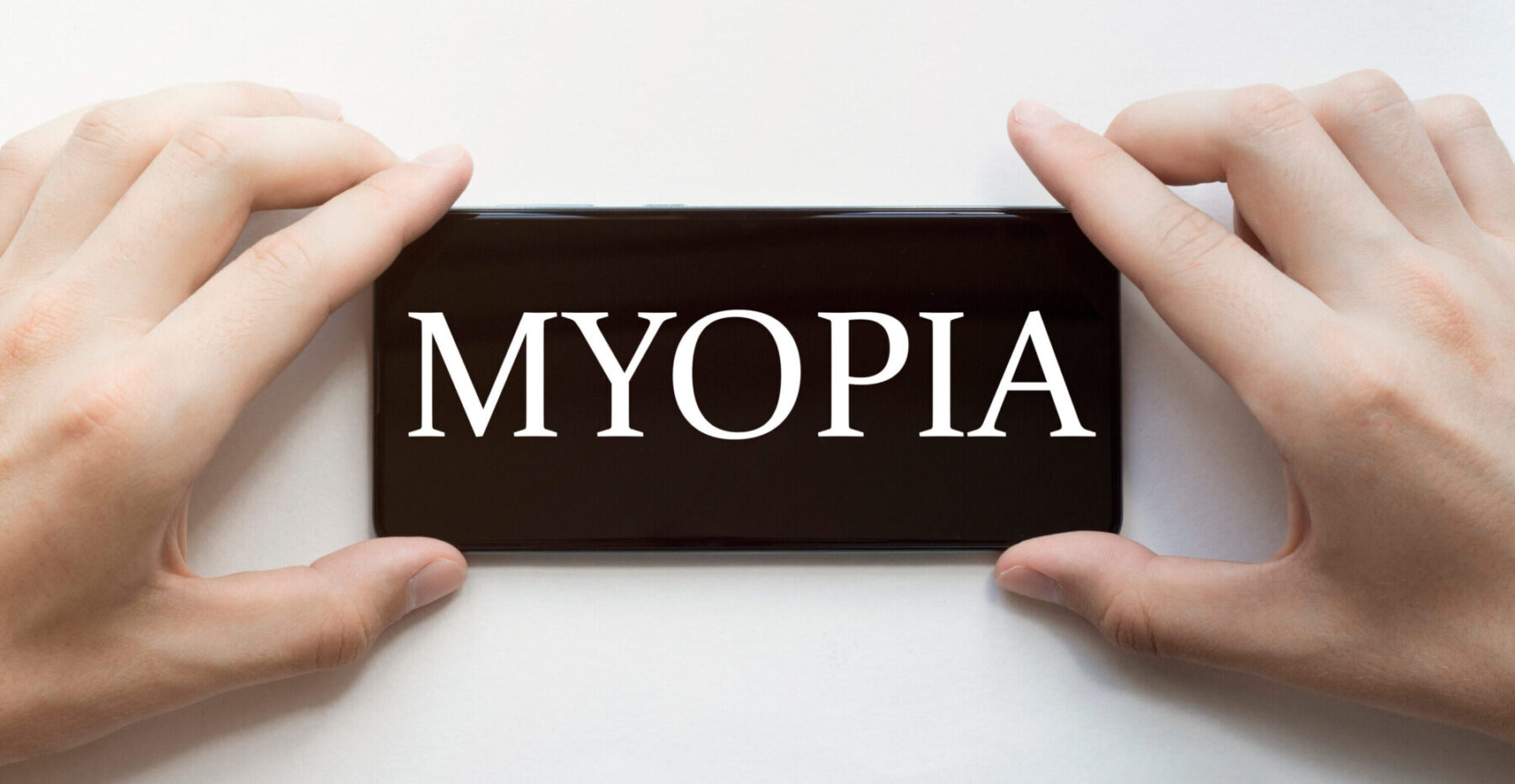

Myopia, also known as nearsightedness, is the inability for someone to see objects that are far, but they may appear clear once the object is brought close. Myopia most commonly begin in childhood, and can progress either slowly or rather quickly due to a number of different factors.
Signs and Symptoms of Myopia:
✓ Squinting
✓ Excessive eye rubbing and blinking
✓ Unaware of distant objects
✓ Headaches
✓ Inability to see the whiteboard for school age children
Early detection and control of myopia is crucial in preventing degenerative eye diseases in the future.
What is Myopia Control?
Myopia control describes the use of specific treatments to slow or halt the progression of nearsightedness in children.
Early control of myopia in childhood can prevent vision-threatening complications in adulthood such as:
✓ Glaucoma
✓ Cataract
✓ Retina detachment
✓ In severe cases, Blindness
There are four main methods of myopia control:
✓ Multifocal disposable contact lenses
✓ Myopia control eyeglasses
✓ Atropine eyedrops



